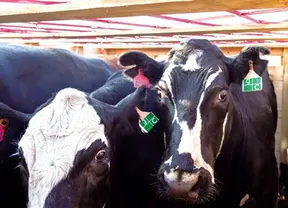
Reports about an imminent U.S. strike against the backdrop of the Syrian government's alleged use of chemical weapons has caused panic in the Syrian markets and triggered off a new and sharp decline in the Syrian pound.

U.S. President Barack Obama called British Prime Minister David Cameron again Tuesday over possible responses to the alleged use of chemical weapons in Syria, as both leaders are weighing military actions against the Arab nation.
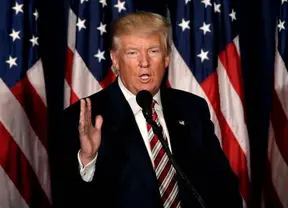
French President Francois Hollande on Tuesday said France is ready to punish the perpetrators of the suspected chemical weapons attack in Syria and that all options were being discussed in response to "this despicable act."
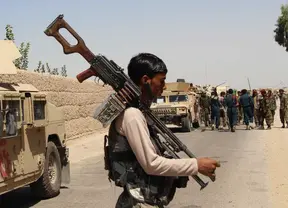
Moscow hoped a "war of civilizations" in Syria could be avoided, despite the fact Western powers had been moving along that path, Russian Foreign Minister Sergei Lavrov said Monday.
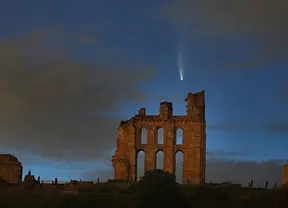
The Syrian government on Monday denied and slammed the allegations of chemical weapon use as the United States along with its Western allies move closer to a military intervention in the Middle East country.
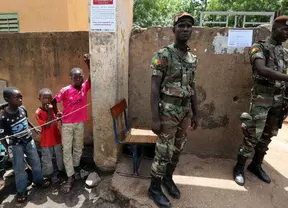
U.S. President Barack Obama on Sunday conversed with his French counterpart Francois Hollande over the phone to discuss possible coordinated response to the alleged chemical weapons use by Syrian government, the White House said.

A senior Turkish official denied a report that 400 tons of arms had been sent to Syria from Turkey, Turkish Daily News reported Sunday.
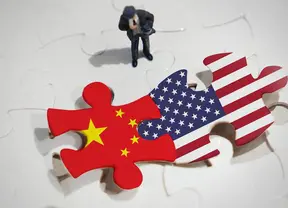
Some Syrian mothers who were forced to escape into Iraq by the fighting between Kurdish fighters and the extremist al-Nusra militant group were sad for having left their children back in Syria, as some others have been stuck for days on the border point, waiting for their sons and daughters to make their way to the safer place and reunite with them.
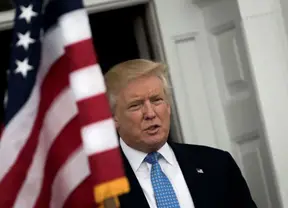
Following the release of a video that allegedly shows the after-effects of a chemical weapons attack in Syria, all eyes are on the White House to see whether the United States will get directly involved in the bloody conflict.
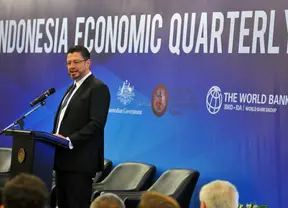
The United States can tip the military balance toward the Syrian opposition, but it has refused to do so mainly because the rebels may not back U.S. interests once they seize power, U.S. Joint Chiefs of Staff Chairman Martin Dempsey was quoted by local media on Wednesday.

UN Secretary-General Ban Ki-moon on Thursday met with Russian Foreign Minister Sergey Lavrov and "underscored the need to find a political solution to the conflict" in Syria, UN spokesman Martin Nesirky told reporters here.
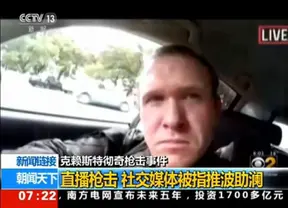
Russia's ambassador to the United Nations objected on Thursday to a U.S. assertion Moscow was against a U.N. investigation team to follow up on allegations that chemical weapons have been used during the civil war in Syria.
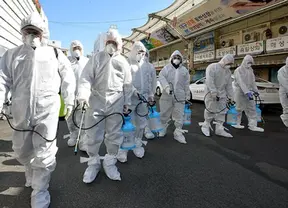
UN chief Ban Ki-moon on Monday welcomed the offer by the Syrian government to discuss the UN chemical weapon investigation, in the hope that Syria would grant access to the mission.
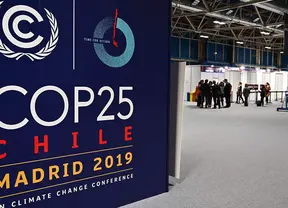
Russia and the West seriously differed over the approach to the Syrian conflict, but the international community's ultimate aim was the same, Foreign Minister Sergei Lavrov said Thursday.
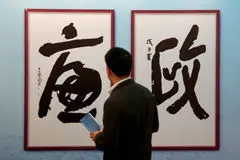
Leaders of the Group of Eight (G8) nations gathered in Lough Erne, Northern Ireland on Tuesday for the second and final day of their summit.
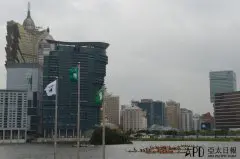
The Obama administration on Wednesday announced eased sanctions on the Syrian opposition, just as the United States and Britain were holding discussions on more efforts to aid the rebels in their fighting against the government troops.
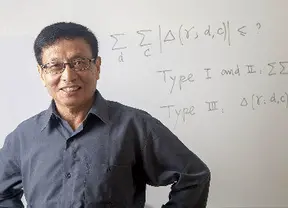
Syrian Foreign Minister Walid al- Moallem said Wednesday that his government has no pre-conditions for holding peace talks, adding that President Bashar al-Assad will attend the 2014 presidential elections "if people want."